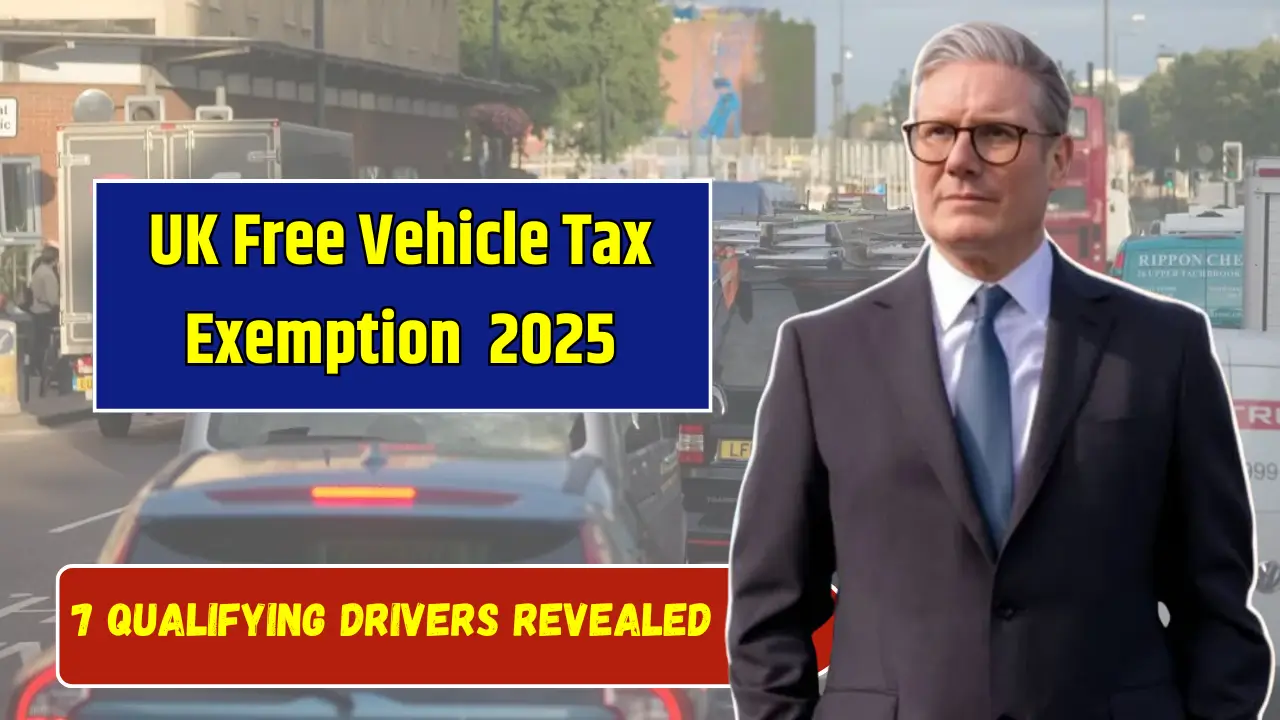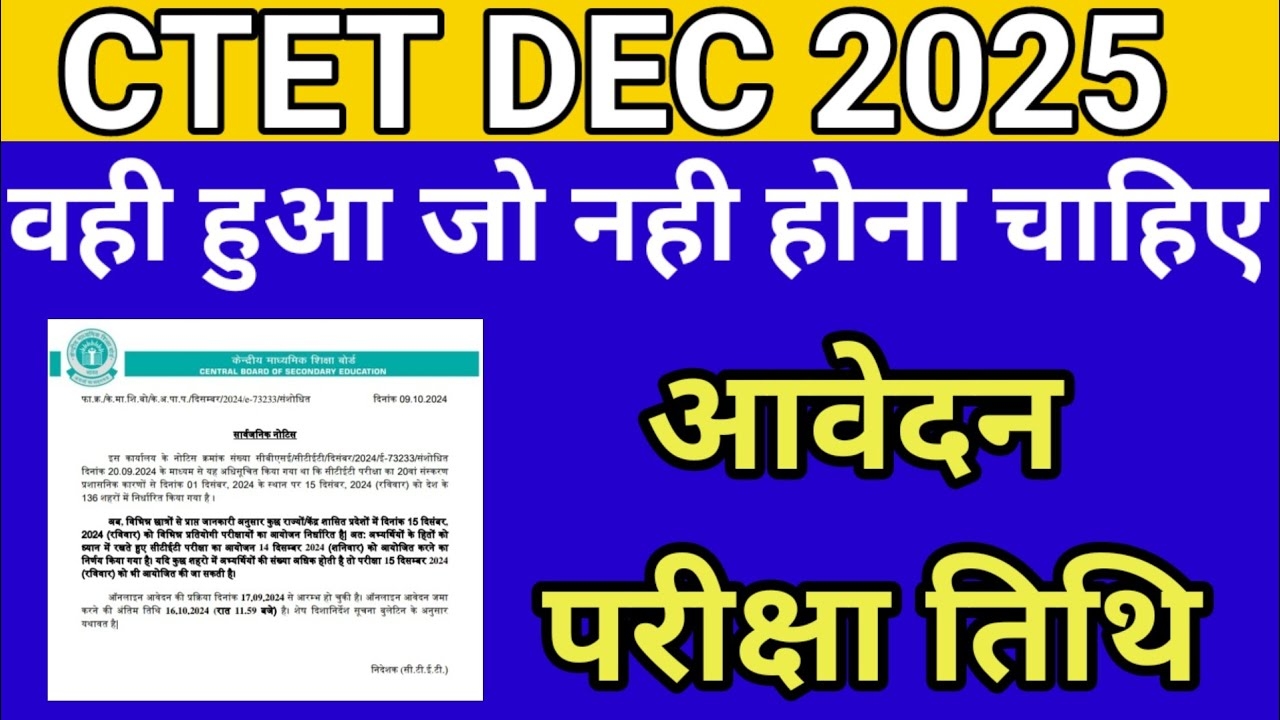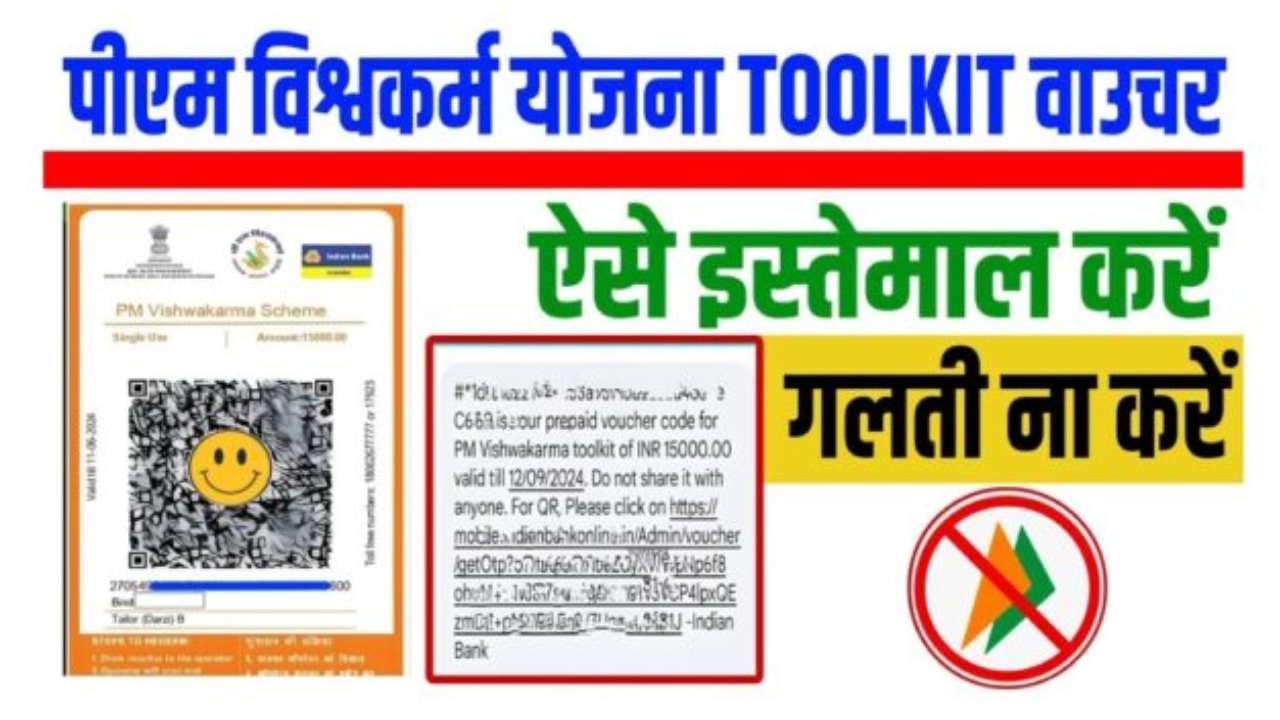The UK’s vehicle tax system is undergoing significant changes in 2025, with updated exemptions and eligibility criteria affecting drivers across the country.
While many vehicles will face new or higher Vehicle Excise Duty (VED) rates from April 2025, a set of qualifying groups and vehicle types remain eligible for free vehicle tax.
Understanding if you, your vehicle, or your circumstances allow you to avoid paying car tax is crucial for UK motorists, particularly in light of rising motoring costs.
Overview of UK Vehicle Tax Exemption in 2025
Vehicle tax, also known as road tax or VED, is a mandatory charge for nearly all vehicles used or parked on public roads in the United Kingdom. The amount payable depends on emissions, the age and type of vehicle, and its intended use.
From April 2025, the scope of tax exemption is narrowing, especially for electric vehicles, but important categories—such as historic vehicles, disabled driver vehicles, and certain agricultural vehicles—retain exemption status.
Drivers must note: even if a vehicle is eligible for free tax, it must still be registered and taxed with the DVLA; failure to do so can result in penalties and fines.
Full List of Qualifying Vehicles for Free Tax in 2025
As of 2025, the following vehicles are eligible for tax exemption in the UK:
| Vehicle/Driver Type | Exemption Summary | Notes |
| Historic Vehicles (over 40 years) | No tax required if registered before 7 January 1985 | Must apply for “historic vehicle” status |
| Vehicles Used by Disabled Persons | Exempt for qualifying disabled drivers or passengers | Restricted to one vehicle per person |
| Mobility Scooters & Wheelchairs | Most powered wheelchairs/mobility vehicles tax free | Max road speed 8 mph or 4 mph on pavements |
| Agricultural Vehicles | Tractors, specialist engines, & off-road light agri vehicles | Also includes short limited-use journeys |
| Mowing Machines | Mowers designed for grass-cutting only | Excludes tractors towing mowers |
| Steam Vehicles | All steam-powered vehicles including historic engines | Subject to original construction and use |
| SORN (Statutory Off Road Notice) | Vehicles declared off public roads | Not to be used or parked on public roads |
From April 2025, electric cars, vans, and motorcycles lose their full exemption, but historic (classic) exemption still applies where age criteria are met.
Key Eligibility Criteria for Free Vehicle Tax
1. Historic Vehicle Exemption
- Vehicles must be first registered more than 40 years ago (before 7 January 1985 for tax year 2025–26).
- No “substantial changes” to original design in last 30 years (affects classic car modifications).
- Must apply and officially register as a “historic vehicle” with the DVLA to be eligible.
2. Disability Exemption
- The vehicle must be registered in the name of a disabled person or used solely for their benefit.
- Qualifying benefits include High Rate Mobility Component of Disability Living Allowance (DLA), Personal Independence Payment (PIP), or War Pensioners’ Mobility Supplement.
- Only one vehicle per beneficiary at a time can be tax-exempt.
- Applies to both private cars and passenger vehicles adapted or used for medical reasons.
3. Mobility Vehicles
- Powered wheelchairs and mobility scooters—speed-limited and used by those with mobility issues—are free from tax without application in most cases.
4. Agricultural, Forestry, and Horticulture Vehicles
- Tractors, light vehicles used off-road, limited-use vehicles (for journeys less than 1.5 km between land parcels) qualify for exemption.
- Does not extend to vehicles used for commercial/freight transport unrelated to agriculture.
5. Statutory Off Road Notification (SORN)
- Vehicles not used or parked on public roads can be declared SORN and are thus tax-free while off-road.
- Must be re-taxed if re-entering use on public roads.
Claim Process for Free Vehicle Tax in 2025
The process for claiming vehicle tax exemption depends on your exemption category:
Historic Vehicles
- Confirm your date of first registration (shown on the V5C logbook).
- Complete a road tax application as historic. Submit V5C and proof of vehicle age to the DVLA—this can be done at participating Post Offices or by post.
- You must still renew the “tax” annually, though no payment is needed.
Disabled Person’s Vehicle
- Obtain proof of qualifying benefit (e.g. DLA, PIP award letter).
- Register the vehicle in your name or prove it is solely for your benefit.
- Submit your application at a Post Office handling vehicle tax, or renew online/phone for subsequent years.
- Only one vehicle at a time may be actively claimed, and a replacement car must be swapped on the exemption.
Mobility Scooters and Powered Wheelchairs
- No specific tax application needed unless requested by DVLA—ensure the vehicle specifications meet statutory definitions.
Agricultural and Specialist Vehicles
- Register and declare use type with the DVLA.
- Provide evidence of agricultural use, vehicle type, and routes (if “limited use”).
- Renewal annually, with paperwork but no payment.
SORN Vehicles
- Declare your vehicle “off-road” using the DVLA online service, by post, or telephone.
- Receive confirmation and exemption from tax payment during the SORN period.
- Must re-tax before returning to public road use.
Common Mistakes and Important Considerations
- Application is Mandatory: All exemptions must be claimed officially with paperwork; exemption is not automatic.
- Annual Renewal: Though payment is not required, annual ‘taxing’ of the vehicle must be completed to maintain legal status.
- One Exemption Rule: If you have multiple vehicles, choose carefully as only one can be exempt for personal disability use at any time.
- Electric Vehicles: From 1 April 2025, EVs are subject to standard tax rates—no longer eligible for free road tax unless qualifying as historic.
Example Table: UK Tax-Exempt Vehicle Types (April 2025)
| Exemption Type | Key Criteria | Annual Renewal Needed | Automatic or By Claim |
| Historic (Classic) | 40+ years old, largely original | Yes | Must apply |
| Disability | DLA/PIP recipient, car registered | Yes | Must apply |
| Mobility Scooter/Wheelchair | Meets speed/use limits | N/A | Mostly automatic |
| Agriculture/Forestry | Off-road, limited journeys | Yes | Must apply |
| Mowing Machines/Steam | Meets statutory requirements | Yes | Must apply |
| SORN | Not used on public road | N/A | Must declare |
Frequently Asked Questions (FAQ)
1. Will electric vehicles be tax-exempt in 2025?
No. From 1 April 2025, all new and existing electric vehicles must pay standard rates of road tax, with only historic (pre-1985) EVs remaining exempt.
2. When does my car become tax-exempt as a historic vehicle?
Cars and vans registered (or built) more than 40 years ago—before 7 January 1985 for the 2025–26 tax year—qualify for exemption. You must apply to the DVLA to update your vehicle’s tax class.
3. Can I get more than one vehicle exempt for disability?
No. Disability exemption only applies to one vehicle at a time per person, though you can transfer it if you change cars.
4. What paperwork is needed for historic vehicle tax exemption?
Your V5C logbook, proof of registration date, and, if relevant, confirmation of no substantial modifications. Applications are made to the DVLA or at the Post Office.
5. Does my car need to be taxed if it is not used on the road?
If your car is kept off public roads (garage/drive), declare it SORN to avoid tax—but do not drive or park it unless taxed again.
















